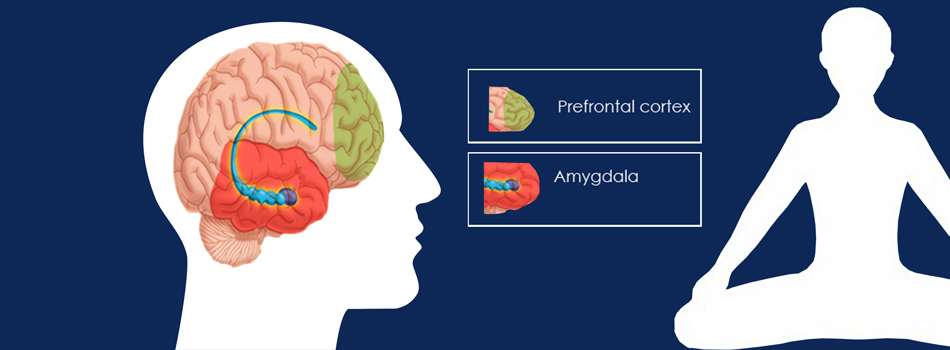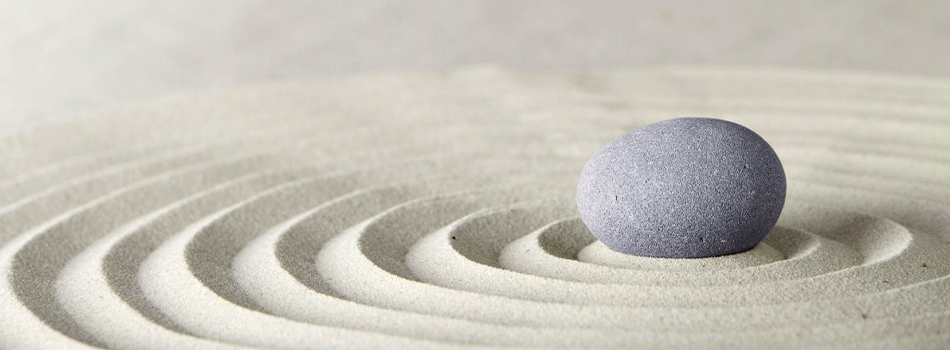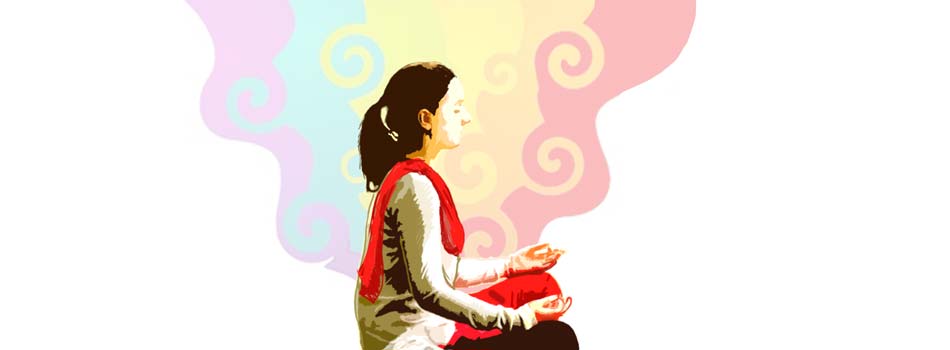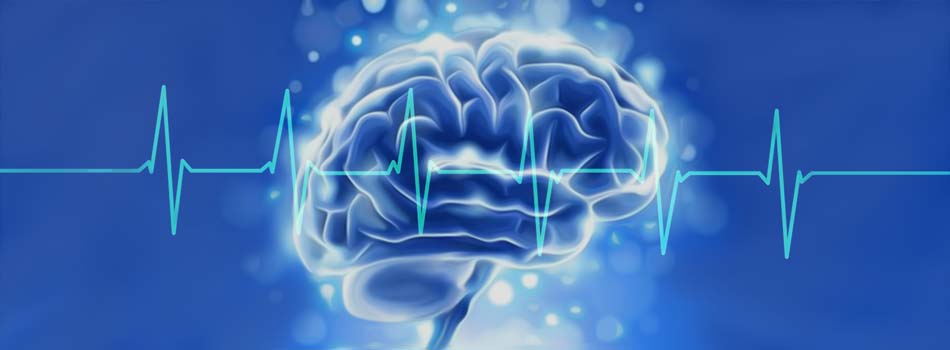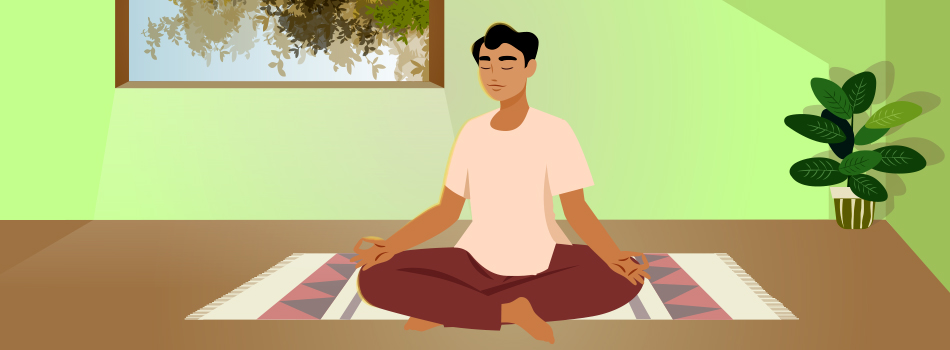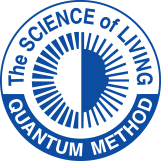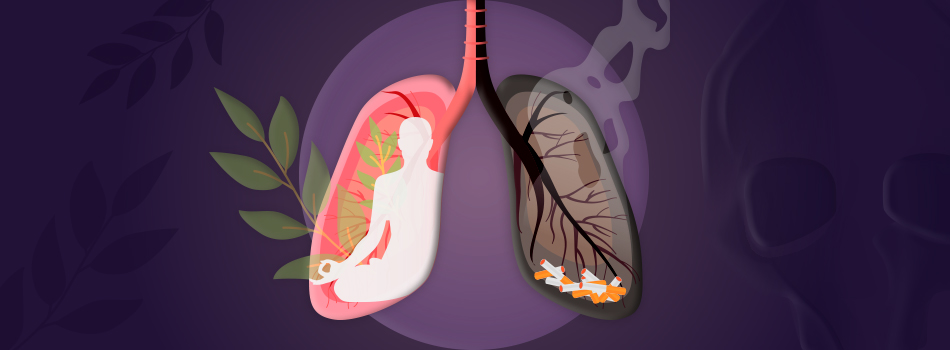
Fight Your Addictions with Meditation and Win Back Your Life!
published : 24 June 2021
How to tell if you are addicted to something?
There is a wide range of addictive substances you could be a victim of - from sugar, junk food, nicotine, alcohol, caffeine to even your smart devices. The list is endless.
In a world ravaged by fear and panic, stress and turmoil, addiction stands as the next big threat to humanity. It would not be a big surprise if you have already fallen victim, if not to chemicals, perhaps to devices. If not you, you may already know a loved one who has.
But problems come with solutions, just as disease comes with cure. Before we begin, let us first test ourselves to identify if we are really addicted to anything in the first place.
Take a Quick Test To Identify Your Addiction
Here are 6 questions designed by psychologists answering which you can identify your addictions.
Jot down a list of things that you overuse or spend a lot of time in, and answer the following questions -
Q:1. How important has its use become for you?
You can determine it by noticing how much priority you give it. Do you prioritize it over your work, studies, or spending time with loved ones?
Q:2 Does doing it make you feel better? Do you feel more in control? Does not doing it make you feel worse?
Q:3 Do you find yourself doing it more often and for longer periods of time than you originally planned?
Q:4 Do you feel anxious or uncomfortable if you cannot do it or if you just think about not doing it?
Q:5 Has doing it disrupted your life and your relationships?
Q:6 Do you often say to yourself you’re going to stop it but then turn around and keep doing the same thing—or doing it even more?
Addiction Begins from Your Mind, and So Does Meditation!
As American Psychiatric Association defines it, Addiction or Substance Use Disorder (SUD) is a complex condition in which there is the uncontrolled use of a substance despite harmful consequences. In simpler words, it is your inability to stop consuming something even when you know it is bad for you.
But there are levels to it. Addiction at extreme levels requires medical attention. But when the addiction is still in the growing phase, you can cut it off from its roots by taking control over the very thing that started it - your mind.
You may argue that taking control over one’s mind is the hardest and you may be right. But you can enter into the process and that process is meditation.
Meditation helps you learn how to take control of yourself. Maybe you will not turn into a meditative monk overnight, maybe you will not be able to control yourself 100% initially. But when you start your meditation journey and take baby steps, say only half an hour a day, you will gradually learn to take control by 2%, 5% 15 %, and even 20%. And that is enough to make all the difference.
How? Here is a list of scientific ways meditation helps when it come to addiction -
1. Meditation gets you “naturally high” by activating your brain’s happiness center
In 2002, a group of scientists studied the activities in different regions of the brain of drug addicts and published a report in The American Journal of Psychiatry. They found that when a drug addict intakes drug, the prefrontal cortex of the brain, also known as the brain’s happiness center, gets super stimulated.
Later in 2005, another study by Dr. Sara Lazar from Harvard showed that meditation actually leads to increased activity in this very region, the prefrontal cortex of the brain.
That is, meditation leads to the brain getting naturally high without the need for drugs or alcohol. What more, meditation also releases endorphins, another super-pleasurable brain chemical. These effects of meditation are so common that they even have a term for it, called to be the “meditator’s high”.
2. Meditation Releases the same brainwaves that doctors use to treat addiction
In 2005, a study was published in The American Journal of Drug and Alcohol Abuse where 121 patients suffering from addiction problems were given EEG biofeedback training. In this method, they put the brain wave pattern of the patients at a certain level (they used alpha and theta wave).
The result was that 77% of the patients became completely drug-free within a year.
Interestingly, at meditative state your brain naturally functions at the alpha-theta state without having to take any expensive biofeedback therapy.
3. Meditation leads to dopamine boost without drugs
Overcoming addiction is especially hard as the intake of the substance causes a surge of dopamine levels. After a while, as the drug effects wear off, the dopamine levels become extra-low; this results in an extreme urge for the drug. Thus the temporary boost of dopamine creates a vicious cycle among the drug user.
Hence researchers have been trying to find a healthy way to cause this dopamine boost without the use of drugs so that it can act as a counter addictive behavior. And guess what they found?
Meditation boosts dopamine levels by 65%! This was found in a 2002 study at the John F. Kennedy Institute.
Also, when you are not meditating, the effect of your meditation does not wear off. So your dopamine level still stays at a healthy range which makes you feel good naturally without any drugs.
4. Most addiction grows from stress, and meditation makes you immune to stress.
Life comes with its own kind of challenges custom-made for each of us. When the challenges overcome us, we fall into emotional turmoil and tend to cope with substances to make us “feel good” or “feel normal” again. And that is how the dependency starts.
But meditation cuts off this dependency by reducing the release of stress hormones in your blood. Hence you no longer feel the extreme stress driving you to run for alcohol, nicotine, etc to find your calm.
5. Meditation has proven to be six times more effective than traditional therapy
A study in 2006 by the University of Washington involved 78 addicted prisoners for three months. The prisoners were taught meditation for 10days. At the end of three months, it was found that the prisoners who practiced meditation drank 87% less alcohol and used 89% less marijuana.
Also, meditation was found to be six times more effective in curing addiction than other traditional therapy.
Addiction is a destructive force that destroys the person. Meditation on the other hand is a creative force that brings a person back into harmony.
It is not only to find a cure. Once meditation practice becomes a part of your routine, your life will transform at many levels.
You can start your life from any place, any age, any point - but it starts with you. And to start something, all you really need is to make a decision - that you will do it.
So make your decision and stick by. Download your favorite guided meditation from our library or write to us at webmaster@quantummethod.org.bd. Start with only half an hour a day. It is best to start with relaxation meditation. Gradually, try to make it two sessions per day.
Give it only a few years. You will thank yourself and us.






